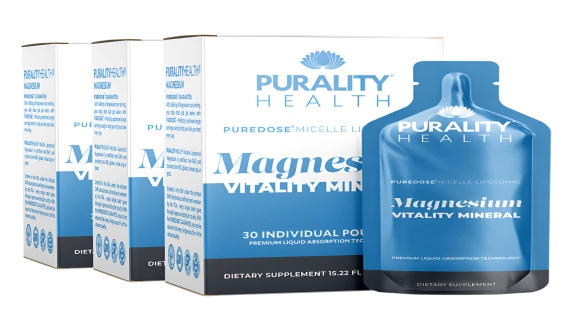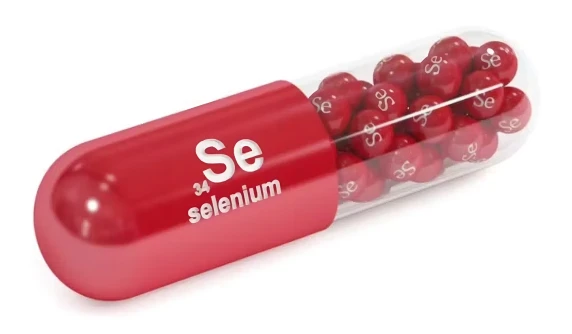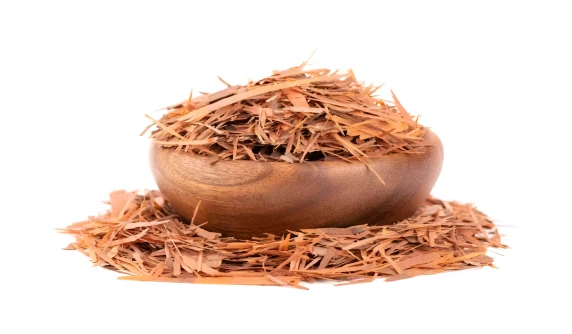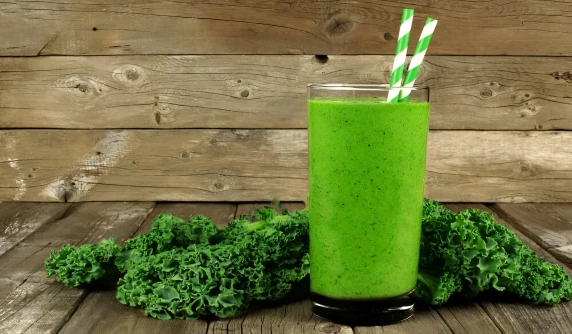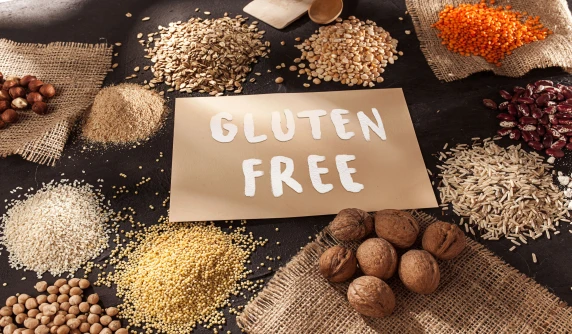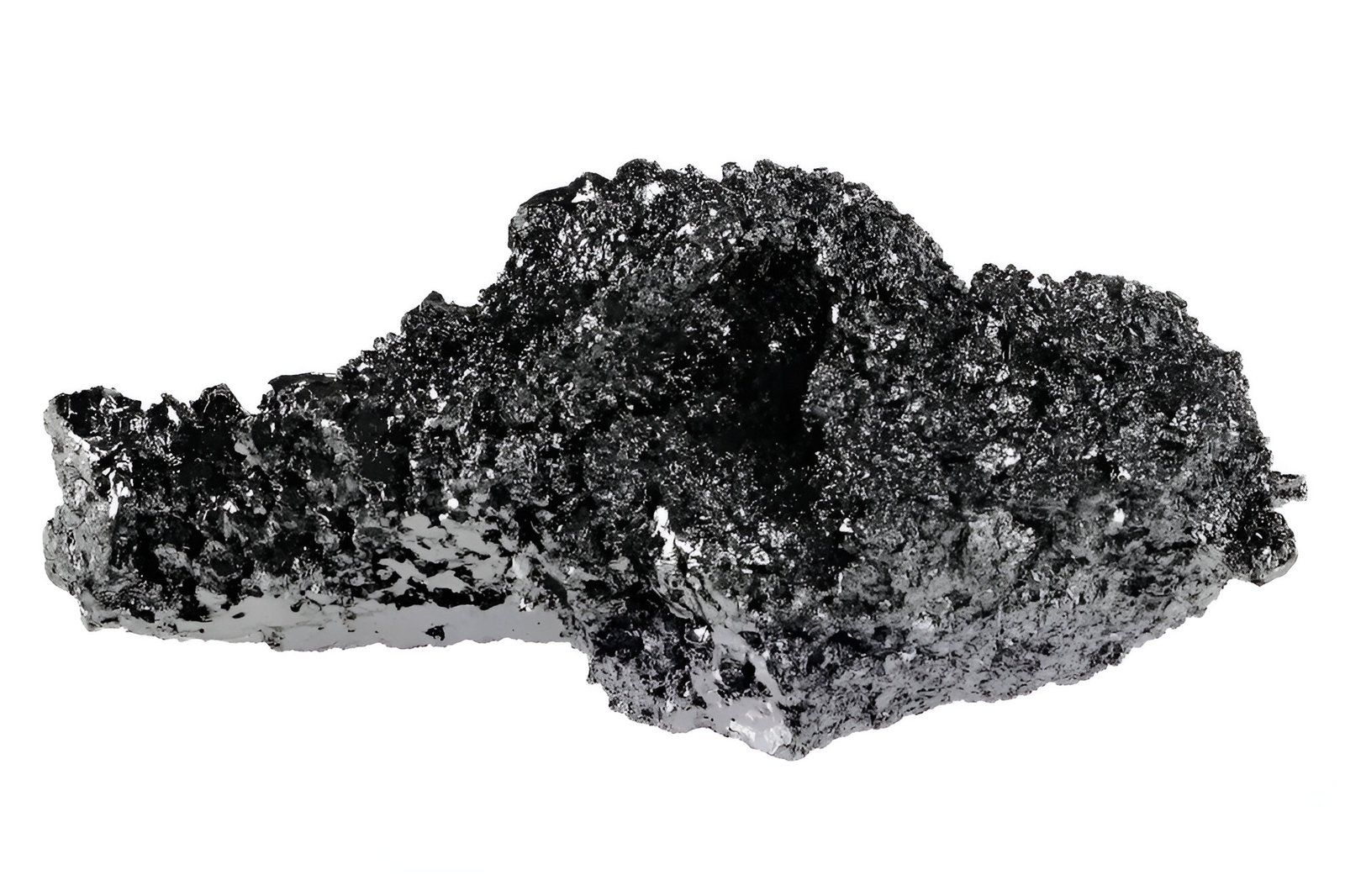
A trace mineral called boron is present in fertile soil and is taken up by human food plants.
This vitamin has been connected to a number of health advantages, including hormone balance, bone health, and brain function. It is essential for controlling metabolic processes.
Learn about the five amazing benefits of boron and how to include this trace mineral in your diet.
What is boron?
Along with copper, iron, zinc, and manganese, boron is a trace mineral that can be found in soil.
The primary type of boron found in plant diets is boric acid, which is necessary for pollination, seed formation, and plant growth.
Apart from its role in plant development, boron has been discovered to offer significant health advantages to people.
Although its status as a micronutrient—a nutrient required in minute amounts to sustain human health—it is not known if boron is an essential one.
Although the biological function of boron in humans is still poorly understood, the intestines absorb 80–90% of the element, and normal levels of boron are linked to hormone balance and proper bone production.
The top 5 benefits of boron
It is thought that boron is involved in the process of making bones, in reproduction, and that it may also help prevent diseases associated with long-term inflammation.
These are boron's five amazing advantages.
1. Promotes bone health
By promoting bone strength and calcium metabolism, which are essential for the development and maintenance of healthy bones, boron may lower the incidence of diseases and deformities associated to bones.
The benefits of boron for skeletal health are confirmed by a study that was published in the Journal of Trace Elements in Medicine and Biology. The study also reveals that boron supplementation improves bone production.
Furthermore, a lack of boron was linked to aberrant limb development, sluggish growth plate maturation, and reduced bone strength, all of which had an effect on bone growth.
2. Supports hormone balance
According to research published in Environmental Health Perspectives, postmenopausal women's testosterone and estrogen levels are balanced when they take supplements of boron. Menopausal symptoms including mood swings and hot flashes may be lessened by this.
Additionally, this study discovered that boron lowers the excessive excretion of calcium in the urine, a condition that is common in postmenopausal women and is associated with a higher risk of kidney stones.
3. May improve arthritis
One kind of connective tissue that keeps bones from grinding together is cartilage. Debris from the degradation of cartilage causes arthritis, which causes discomfort and inflammation in the joints.

By promoting calcium integration into the joints and preventing cartridge degradation, boron may help control the symptoms of arthritis.
"Comparing locations with usually higher boron consumption to those with lower intakes, the incidence of arthritis is much higher in the former," according to research published in Environmental Health Perspectives.
4. Enhances vitamin D absorption
Strong bones, the immune system, mental and emotional well-being, and the control of inflammation all depend on vitamin D.
According to studies, boron increases vitamin D's bioavailability, which lengthens its half-life and increases its efficacy in the body.
Furthermore, a study that was published in Integrative Medicine discovered that supplementing with boron improves people who are vitamin D deficient in their vitamin D3 status.
5. Promotes brain function
Deficits in boron have been associated with poor memory retention and cognitive impairment.
According to studies, boron may be important for the metabolism of minerals and the integrity of cell membranes, both of which prevent brain deterioration.
Low boron consumption was linked to decreased short- and long-term memory, attention span, and hand-eye coordination, according to research published in Environmental Health Perspectives. The authors also reported that boron supplementation resulted in notable improvements in a variety of psychomotor abilities and memory tests for the recipients.
Symptoms of boron deficiency
The signs of low boron levels are not clearly defined. Nonetheless, boron deficiency has been connected to aberrant bone development and weakening in animal studies.

Low boron consumption may also affect memory, attentiveness, and brain function, according to some evidence.
A lack of boron may also raise the chance of vitamin D deficiency, which has been connected to a number of health problems, such as depression, exhaustion, weak muscles, and bone pain.
Furthermore, a low-boron diet may raise the incidence of kidney stones, particularly in postmenopausal women, by increasing the excretion of calcium in the urine.
What causes boron deficiency?
Human boron insufficiency is associated with insufficient ingestion of whole foods high in boron. Soils devoid of minerals can cause boron deficiencies even in diets high in plants.
According to Dr. Berg, boron is a trace mineral that increases the danger of widespread shortage since it cannot be taken by plants if it is not present in the soil.
The most frequent source of boron deficiencies is soil degradation, which is typically linked to traditional agricultural and soil cultivation methods.
Large-scale monocrop farming without post-harvest nutrient and microbiodiversity replacement results in soils deficient of essential elements, including boron.
Best sources of boron
A variety of plant foods, such as fruits, nuts, and vegetables, contain boron.
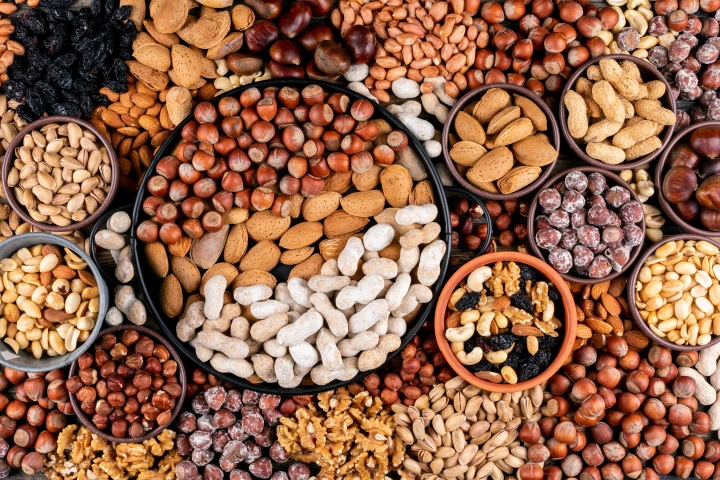
Furthermore, dairy products and tiny amounts of animal protein, such as beef, chicken, and turkey, contain boron.
These are a few of the top foods high in boron:
-
Avocados
-
Peanuts
-
Broccoli
-
Lettuce
-
Carrots
-
Almonds
-
Hazelnuts
-
Chickpeas
Produce cultivated organically is richer in nutrients than produce gathered conventionally, which makes it a better source of boron.
A study that was published in Alternative Medicine Review claims that foods that are organic contain far higher concentrations of several minerals and antioxidants, all of which are essential for maintaining overall health and wellbeing.
Additionally, organic produce was shown to have lower amounts of pesticide residues, which have been connected to health hazards such as cancer and hormone imbalance.
How much boron should you take?
The majority of people may obtain boron through diet, particularly those who eat a lot of high-quality, organic fruit.
There is no agreement on the recommended dietary reference intake and little information available regarding boron's biological role in the body.
Nonetheless, upper intake levels for boron have been defined by the Food and Nutrition Board of the Institute of Medicine (FNB), which creates recommendations for a healthy diet.
The highest suggested dosages that aren't anticipated to have negative consequences are listed as these upper limits.
The following are the upper limits for boron based on age, per the FNB:
-
1 to 3 years: 3 milligrams (mg)/day
-
4 to 8 years: 6 mg/day
-
9 to 13 years: 11 mg/day
-
14 to 18 years: 17 mg/day
-
19+ years: 20 mg/day
For newborns under one year old, there are no proven safety data on boron.
It's crucial to adhere to the directions on the boron supplement you want to utilize in order to lower the possibility of unfavorable side effects.
Possible downsides of boron supplementation
There is no safety evidence on boron in infants under one year old, thus the only ways to deliver it to babies are through breast milk, formula, or food.
When children under six ingested boron-containing cleaning products, the most prevalent cases of boron toxicity were observed, which included vomiting, seizures, and cardiovascular problems.
Large dosages of boron can result in headaches, restlessness, and exhaustion even though boron poisoning in adults is uncommon. Excessive doses of boron from supplements have also been connected to gastrointestinal distress, rashes, nausea, and in severe cases, baldness.
Supplementing with boron is not advised for those with hormone-related disorders, such as prostate, ovarian, or breast cancer, as it can raise estrogen levels.
Before adding new supplements to your regimen, it's critical to speak with your healthcare professional to reduce the possibility of negative health impacts.
Key takeaways
Plants absorb boron, a trace mineral that can be found in fertile soil. As a result, whole foods high in this micronutrient include broccoli, carrots, lettuce, and almonds.
According to studies, boron helps with hormone regulation, bone growth, and cognitive processes. It may also reduce the risk of arthritis and chronic inflammation.
Frequently asked questions
Should you take boron every day?
Adults who take supplements of boron in levels up to 20 milligrams daily are usually thought to be safe and benefit from enhanced absorption of vitamin D, hormone balance, and good bones.
On the other hand, weariness, indigestion, headaches, and nausea might result from a high dietary boron intake.
What are the side effects of too much boron?
For persons 19 years of age or older, the acceptable upper intake amount of boron is 20 milligrams per day.
Unwanted side effects from high boron levels include headaches, nausea, vomiting, and gastrointestinal distress. Depression, skin rashes, and baldness are examples of severe adverse effects.
Does boron increase estrogen or testosterone?
It has been demonstrated that boron raises testosterone and estrogen levels in both men and women.
Supplementing with boron may help balance hormone levels, which can alleviate symptoms like mood swings and hot flashes, according to studies on postmenopausal women.
What foods are highest in boron?
Plants including avocados, broccoli, lettuce, carrots, peanuts, almonds, and hazelnuts absorb boron, which is found in soil naturally.
Furthermore, dairy products like heavy cream and beef include trace quantities of boron in them.
What are the symptoms of boron deficiency?
Weakened bones and decreased cognitive function are common signs of boron insufficiency. Furthermore, a lack of boron may raise the risk of arthritis and a vitamin D deficit.
Who should not take boron?
Supplemental boron should be avoided by those with hormone-related disorders. It has been demonstrated that boron increases estrogen, which may have an adverse effect on people who have malignancies of the breast, prostate, or ovary.
Furthermore, there are no safety studies on boron supplementation in newborns under a year old.
